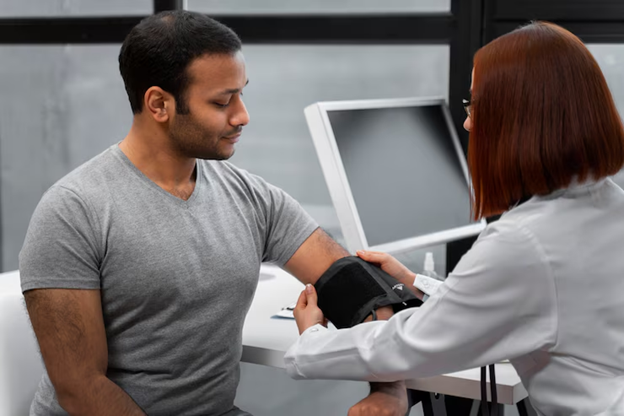Healthcare is a broad term that refers to various forms of medical care that people require at one time or the other in life. It is essential to familiarize oneself with the many forms of healthcare because the healthcare industry is extensive, intricate, and constantly developing. This guide aims to provide an overview of the major types of healthcare services and discuss their role and importance in maintaining and promoting health.
1. Primary Care Services
This is the first level of medical care and is the backbone of the health system as it offers health care to the populace in a steady and all-inclusive manner. Such services are usually provided by primary care medical center. The services are offered by general practitioners, family doctors, and nurse practitioners diagnosing diseases, providing minor treatment for acute health conditions, preventive health services, and long-term care for chronic diseases. Primary care organizations serve as the initial access point to health care in a given healthcare system where patients receive initial treatment and care.
2. Specialty Care Services
Specialty care services involve care related to a specific part, organ, or system of the body. It deals with defined medical conditions and is considered a more specialized field than general medication. These services are usually offered by professional caregivers who have gone through specialized education in some specific areas for instance; cardiology, neurology, oncology, or orthopedics among others.
Specialists are usually approached by primary care providers when patients need complex forms of treatment. For instance, a patient who has a medical condition such as urethral stricture will be referred to a urologist. It is a condition that leads to constriction of the urethra, thus inhibiting the easy flow of urine.
3. Emergency Care Services
Emergency care services refer to systems that address health complications that need early and urgent intervention. All these services are offered under emergency services in hospitals and these urgent care centers operate on a 24-hour basis.
Emergency care is not only restricted to near-fatal cases such as heart attack, and stroke, but also includes other critical conditions that require immediate medical intervention such as a fracture, a severe infection, and so on. Such healthcare services ensure the patient’s condition is stabilized by minimizing the risk of deterioration and commencing the correct treatment mode as soon as possible.
4. Mental Health Services
Mental health service focuses on the mind and the emotions that are the psychological state of the clients. This field deals with the conditions of the mind. It is a facility where many patients with depression, anxiety, bipolar disorder, and schizophrenia among others are diagnosed and treated.
There are numerous treatments such as therapy, psychotherapy, and psychiatric services offered by healthcare practitioners comprising psychologists, psychiatrists, social workers, and counselors.
5. Preventive and Wellness Services
Preventive and wellness procedures aim to improve health. Such services consist of immunizations, preventive health checkups, disease prevention and control, nutrition consultation, and life alteration counseling. Hence, preventive and wellness services involve pointing out risk factors that lead to diseases to prevent their occurrence and engage in activities that enhance the well-being of clients.

